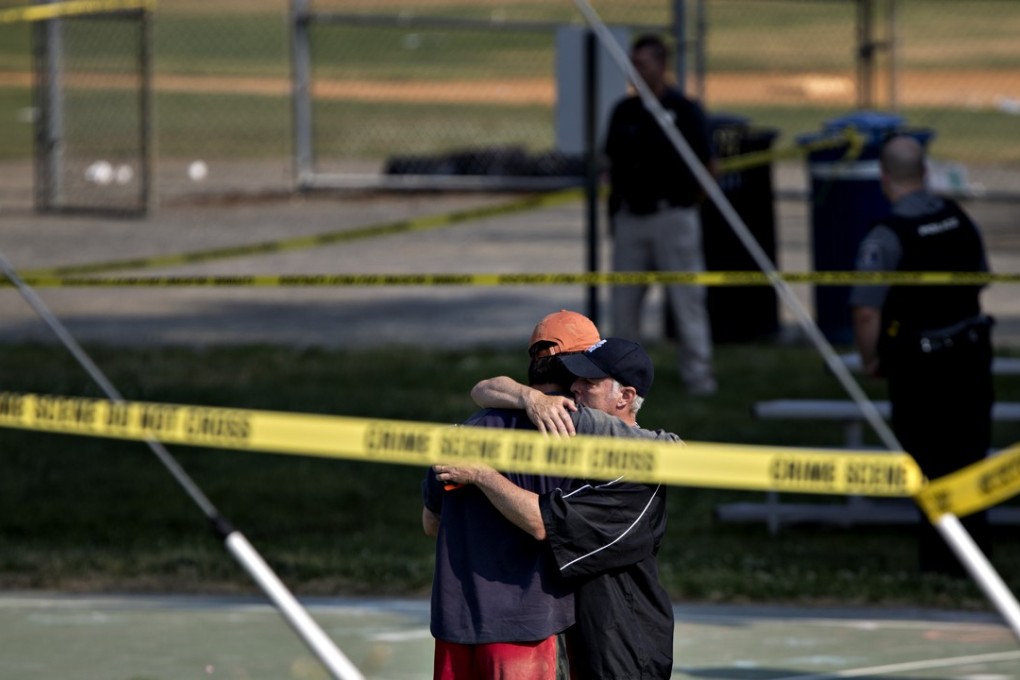Is America right to worry about a rise in political violence?
Niall Ferguson says the attempted murder of Republican congressmen at a baseball practice in Virginia raises questions about the inflammatory language used by both the left and right in the era of Donald Trump

When ghastly events occur, the lawyers ask if an individual or entity was culpable. The politicians, by contrast, ask if some new law is needed to prevent similar events from happening again. How should we, the public, respond, other than with prayers for the victims and condolences for their families?
Though the two tragedies differed considerably in scale, the fire in London began with an accident that got out of hand. The shooting in Virginia was a deliberate attempt at murder, which was prevented by the swift response of the police.
The British public now has a right to ask how many other tower blocks are at risk of an inferno that spreads with such devastating speed. But the fact that towering infernos are so rare in Britain suggests there may not be a system-wide problem.

The American public needs to ask itself a different question. What level of gun-related violence is it prepared to tolerate as the price of its exceptionally lax laws on gun ownership?